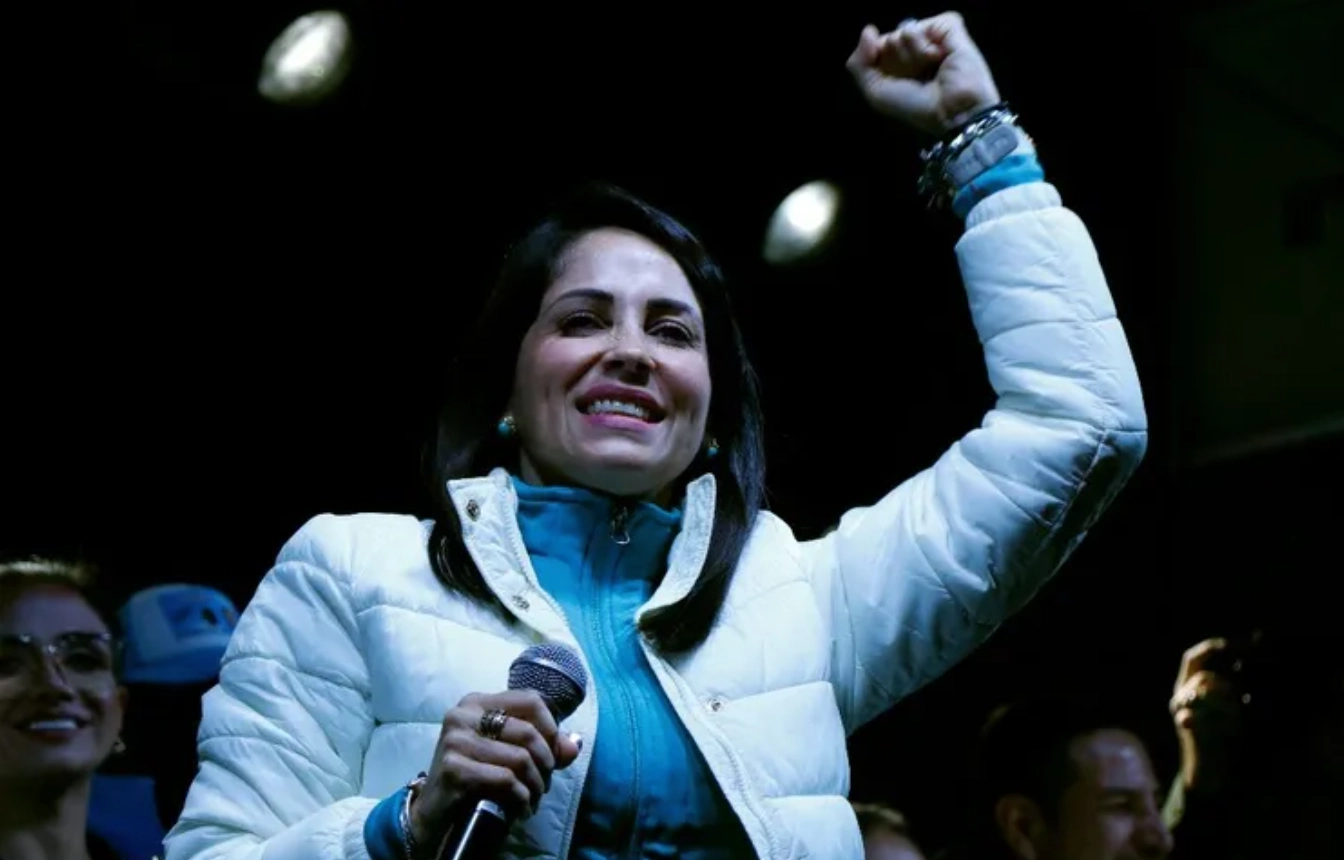Following the first round of elections, Correism candidate Luisa González secured the lead with 33.1% of the votes. Surprisingly, the second place in the presidential runoff went to centrist-right candidate Daniel Noboa of the Ecuadorian United Movement, who garnered 23.6% of the votes. Christian Zurita claimed the third position, taking over from the slain Fernando Villavicencio with 16.51%.
The election occurred amidst an unprecedented context, marked by the assassination of candidate Fernando Villavicencio just 11 days before the polls. A crisis of insecurity, possibly leading to an annual homicide rate of 40 per 100,000 inhabitants, coupled with rising unemployment, particularly affecting the youth and women, further shaped the backdrop.
Eight candidates from various ideologies participated in the electoral contest, with two main themes dominating campaigns with nuanced perspectives: insecurity and unemployment. Another salient topic was the environment, highlighted by the referendum in which citizens chose to keep Yasuní ecological reserve’s oil underground.
Despite a climate of insecurity and several incidents, including security breaches involving candidates Daniel Noboa and Otto Sonnenholzner during the final week, the Ecuadorian populace turned out in massive numbers. Still, that sends a resounding message that even the country’s most protected individuals are not immune to organized crime’s dangers.
Polls and Public Opinion
Once again, polls faltered in their predictions. While all concurred on placing Correism in the lead, no one anticipated that center-right candidate Daniel Noboa, the youngest at 35, would make it to the runoff. Those seemingly with the best prospects—according to traditional media—were left behind, including center-right ex-vice president Otto Sonnenholzner, leftist replacement for assassinated candidate Fernando Villavicencio, rightist outsider Jan Topic, and environmentalist and two-time candidate Yaku Pérez.
In national TV and radio spots, candidate Noboa went unnoticed, even months before as a legislator and president of the Economic Committee of the Assembly. He was neither summoned nor covered by top-rated opinion programs. According to Noboa’s estimates, his presidential candidacy was slated for 2025, but no one foresaw the dissolution of the Assembly due to the president’s decision amid an impeachment trial against him.
Daniel Noboa inherits Ecuador’s largest business group and has a political upbringing—his father, Álvaro, ran for president five times, reaching the finals twice. His nationwide support hinges on an ample and assistance-based strategy. Noboa campaigns are marked by the distribution of provisions, wheelchairs, mattresses, and other aid to the most impoverished sectors across regions, with a stronghold in the coastal Guayas province, home to Ecuador’s main port.
Noboa’s discourse centers on his government program, focusing primarily on job creation and social assistance, mirroring his father’s approach. Unlike his rivals, he avoided confrontation, concentrating on touring the country. He also performed remarkably well in the presidential debate, earning high marks from a public that had previously overlooked him.
On the other hand, Correism presented a female candidate for the first time, invoking nostalgia for the Rafael Correa era and its anti-neoliberal stance.
Composition of the Assembly
The top three finishers in the presidential election for the one-and-a-half-year term will influence the Assembly’s composition. Correism retains its position as the leading political force with 50 out of 137 assembly members. The Construye movement, backing the late Fernando Villavicencio, is projected to hold 20 seats, while Noboa’s ADN movement would secure 12. These outcomes open doors for new political forces, with their performance pivotal for the 2025 general elections.
Thus, the final candidates will have to sway voters on two core issues: security and the economy. The latter necessitates substantial effort, especially after the majority voted in favor of environmental protection in a referendum. This paves the way for a post-oil Ecuador, where the transition will be neither simple nor swift.
César Ulloa is a political scientist and communicator. He serves as the General Coordinator of Research at IAEN and holds a PhD in Social Sciences from Flacso-Ecuador. His latest books (2020) are “In the Eye of the Hurricane: Communication Law in Ecuador” and “Chávez, Correa, and Morales: Discourse and Power.”
*Translated by Ricardo Aceves from the original Spanish version.













